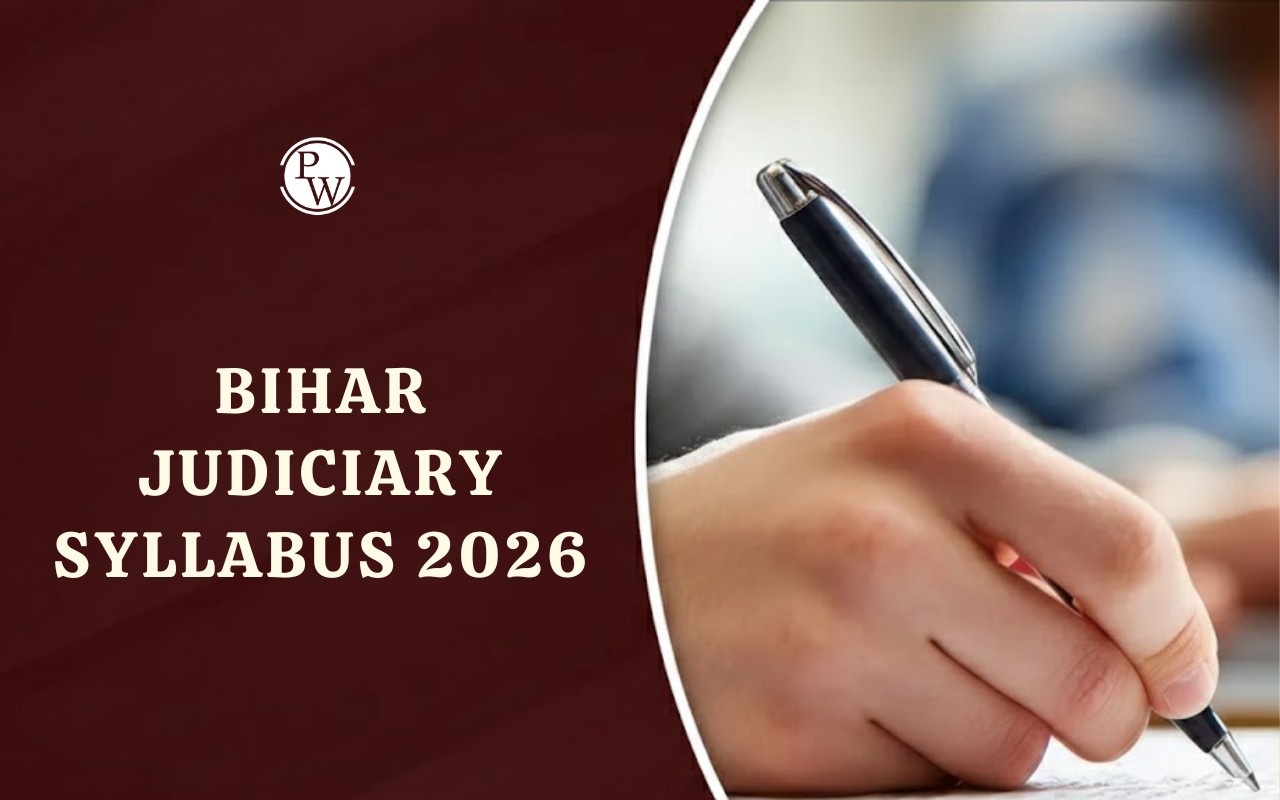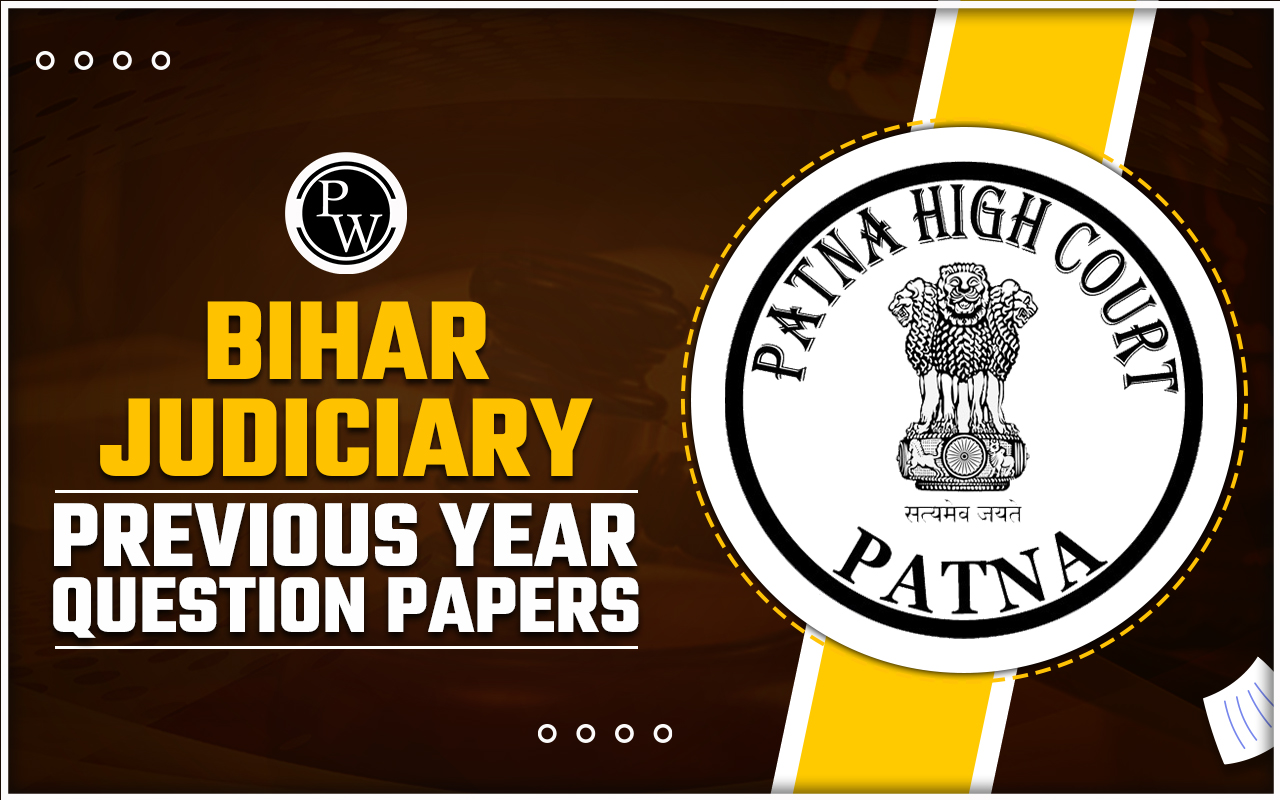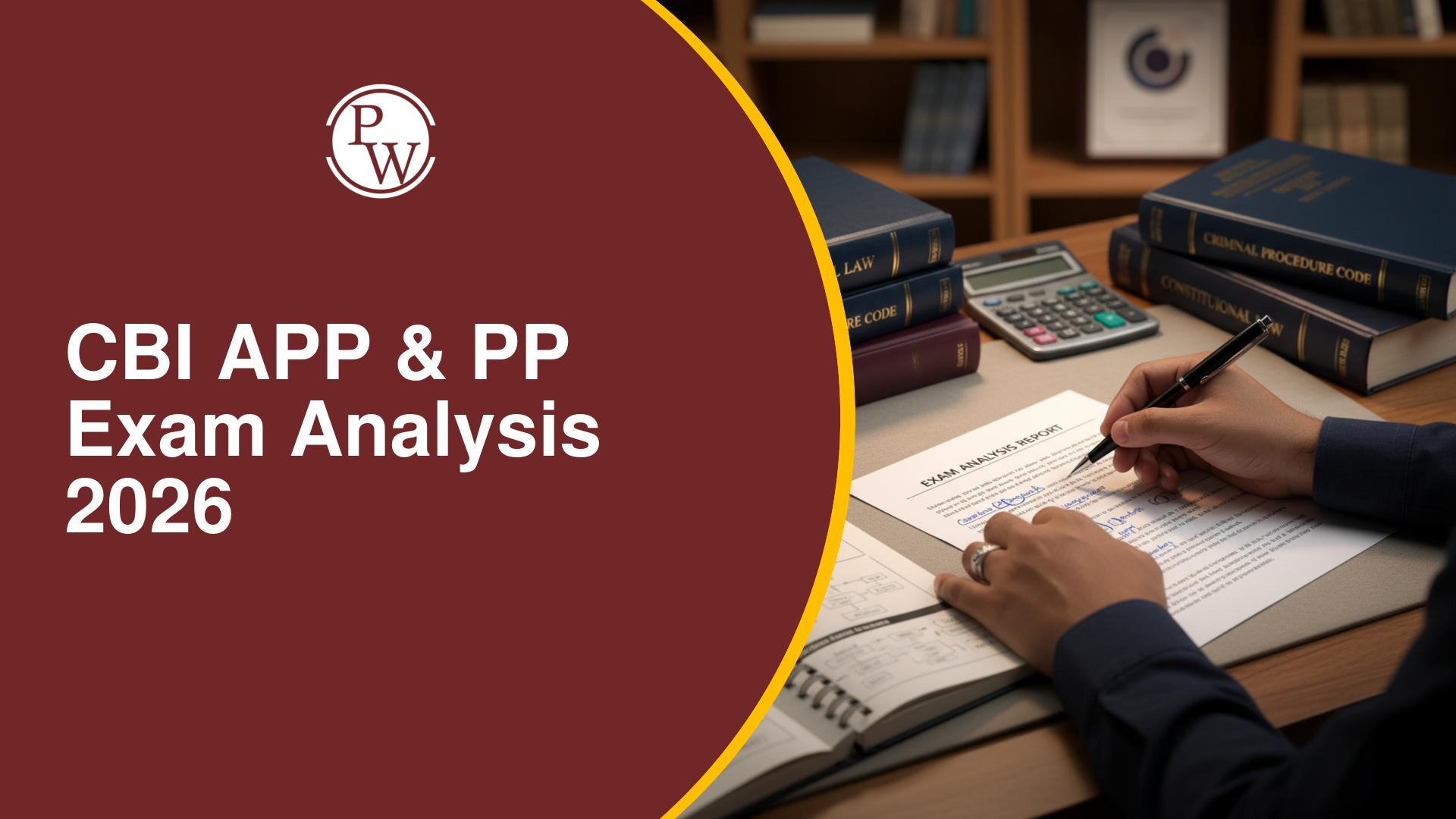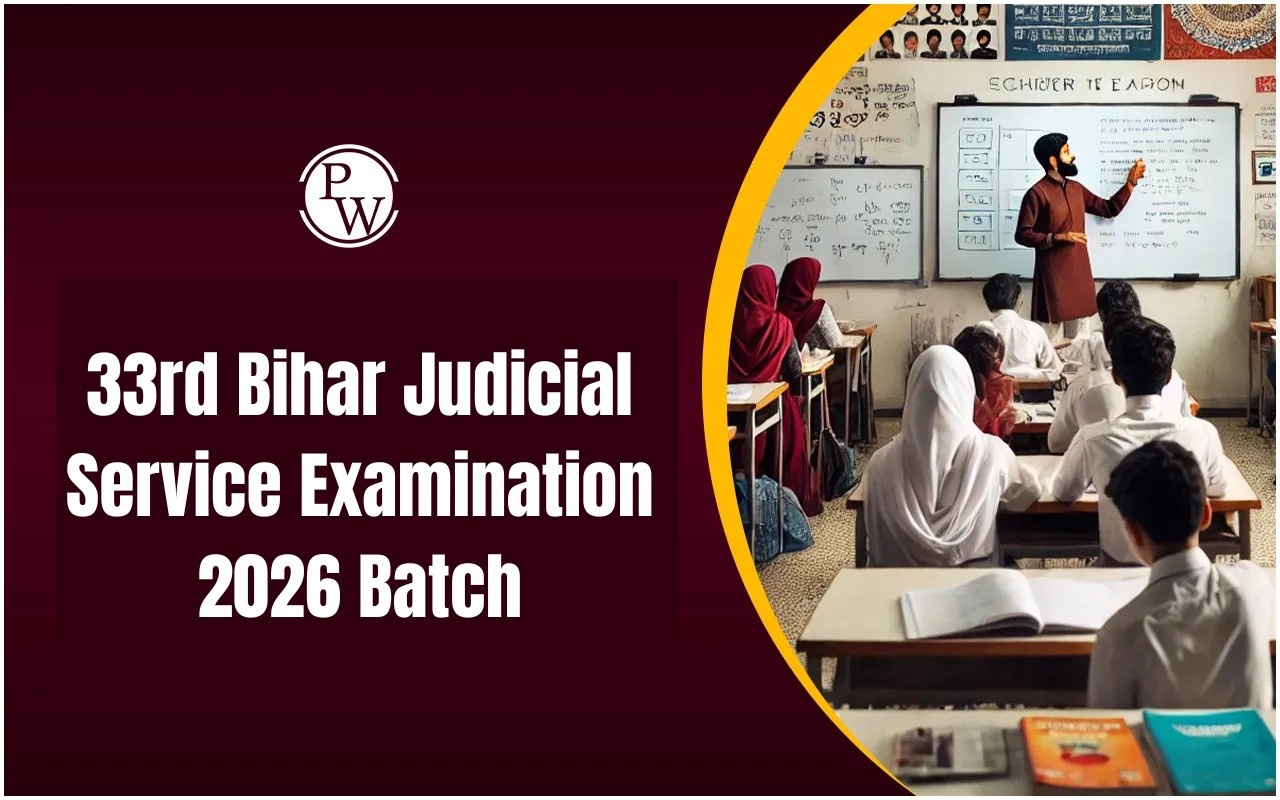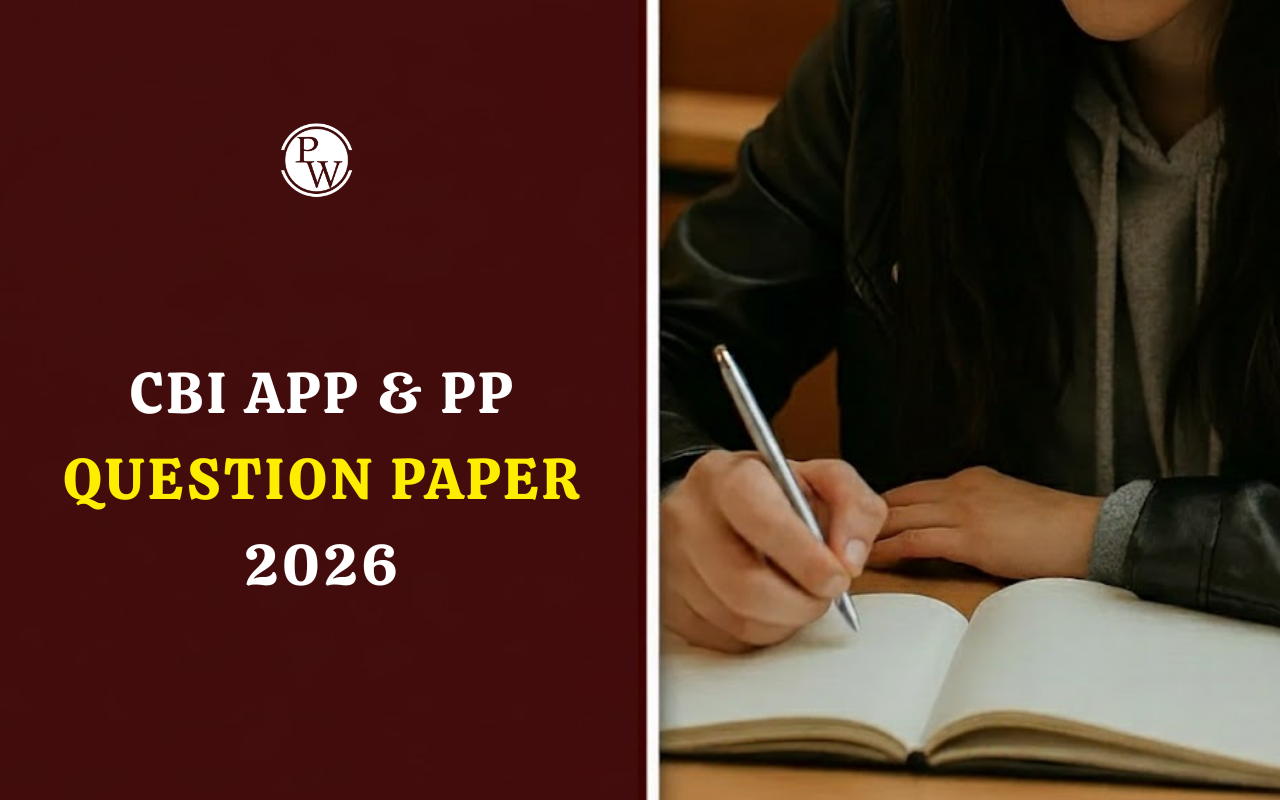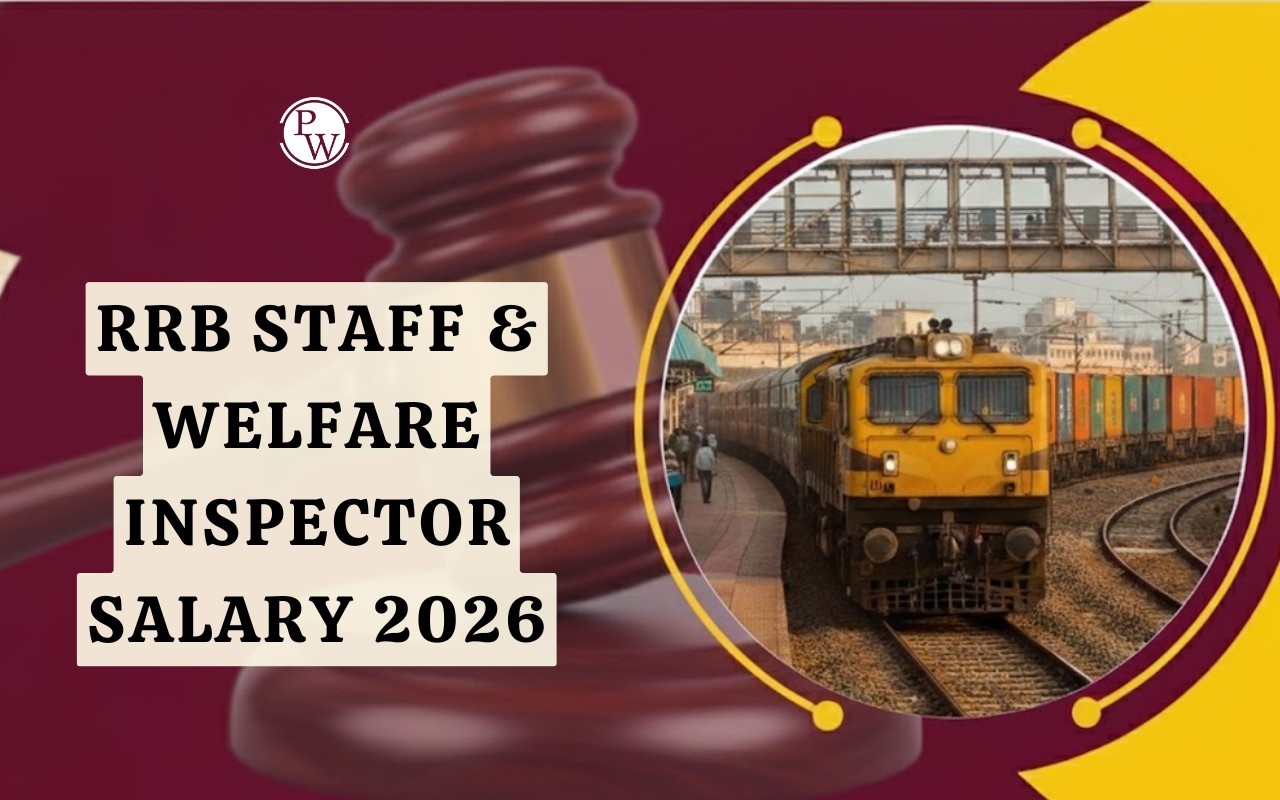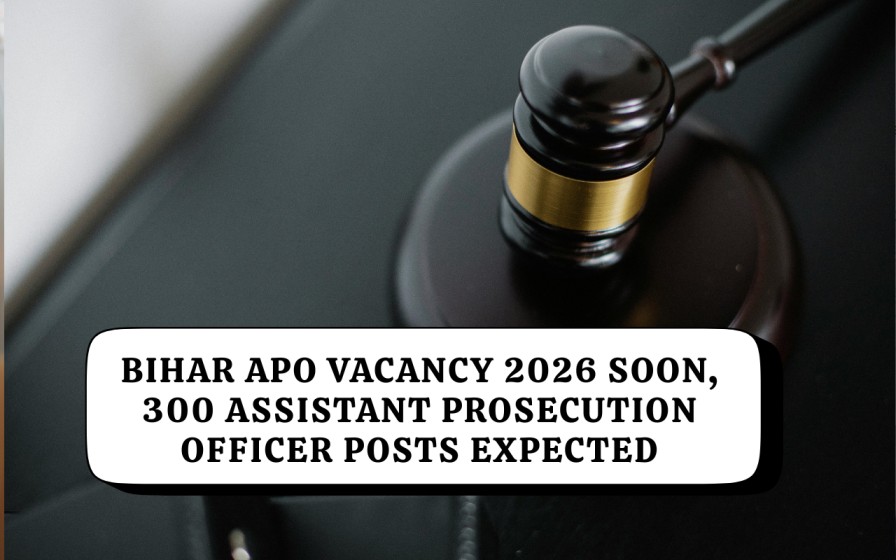
The HPCL Law Officer Syllabus 2025 covers key areas of law that are essential for judicial duties and decision-making. It focuses on Civil Law, Criminal Law, Constitutional Law, and legal procedures. These subjects help in writing judgments, reasoning legally, and managing court work, which are all important for the role of a Law Officer.
The Hindustan Petroleum Corporation Limited (HPCL) conducts the recruitment process for HPCL Law Officer includes three main stages: Computer-Based Test (CBT), Group Task, and Personal Interview. To succeed in the HPCL Law Officer exam, candidates must have a strong understanding of the HPCL Law Officer Exam Syllabus, along with the ability to apply legal principles practically.
HPCL Law Officer Syllabus 2025 Overview
The HPCL organizes the HPCL Law Officer recruitment 2025 to select efficient candidates with the capability to serve justice and conduct court proceedings effectively. The following is a comprehensive explanation of the HPCL Law Officer Syllabus 2025, along with the key components and selection Process details.
|
HPCL Law Officer Syllabus 2025 Overview |
|
|
Particulars |
Details |
|
Exam Conducting Body |
Hindustan Petroleum Corporation Limited (HPCL) |
|
Post Name |
Law Officer |
|
Vacancies |
3 |
|
Selection Process |
Computer-Based Exam, Group Task, Personal Interview |
|
Syllabus Coverage |
Indian Contract Act, Constitution of India, Transfer of Property Act, etc |
|
Official website |
|
HPCL Law Officer Syllabus 2025 In Detail
The HPCL Law Officer Syllabus 2025 includes two main sections: Descriptive and Objective (MCQs), covering Technical/Professional Knowledge and General Aptitude.
Below are the section-wise syllabus details.
| HPCL Law Officer Syllabus 2025 in Detail | |
|
Subject / Act |
Topics Covered (Key Sections and Concepts) |
|
Indian Contract Act |
Communication (Sec 4), Revocation of proposals/acceptance (Sec 5, 6), Contracts (Sec 10), Competency (Sec 11), Consent (Sec 13-19), Mistake (Sec 22), Lawful considerations (Sec 23), Void agreements (Sec 25, 28, 30), Contingent contracts (Sec 31), Performance (Sec 46-50), Impossibility (Sec 56), Breach & compensation (Sec 73, 74), Indemnity (Sec 124), Guarantee (Sec 126, 131-138), Bailment & Pledge (Sec 148,172), Agency (Sec182) |
|
Indian Partnership Act |
Partnership definition (Sec 4), Partnership at Will (Sec 7), Partner duties & rights (Sec 9, 17), Authority (Sec19), Firm liability (Sec 25), Deceased partner liability (Sec 35), Competing business rights (Sec 36), Dissolution (Sec 39-47) |
|
Arbitration & Conciliation Act, 1996 |
Judicial intervention (Sec 5), Arbitration agreement (Sec 7), Referral to arbitration (Sec 8), Interim measures (Sec 9,17), Arbitrators appointment (Sec 11), Jurisdiction (Sec16), Procedure rules (Sec19), Arbitration proceedings (Sec 21), Setting aside award (Sec 34), Appealable orders (Sec 37) |
|
Constitution of India |
State definition (Art 12), Fundamental Rights (Art 14-35), Fundamental Duties (Art 51A), High Courts writ powers (Art 226), Supreme Court powers (Art 32, 136) |
|
Transfer definition & competency (Sec 5-7), Vested & contingent interest (Sec 19, 21), Conditional transfer (Sec 25), Co-owner transfers (Sec 47), Property under suit (Sec 52), Sale (Sec 54), Mortgage (Sec 58 & related), Lease (Sec 105), Gift (Sec 122), Actionable claim (Sec 130) |
|
|
Indian Easements Act |
Easement definition (Sec 4), Restrictive easements (Sec7), Easements of necessity (Sec13), Extinction (Sec 37-49), License (Sec 52) |
|
Sale of Goods Act |
Sale & agreement (Sec 4), Time stipulations (Sec11), Condition & warranty (Sec 12), Delivery (Sec 33), Unpaid seller rights (Sec 45, 46), Remedies (Sec 53-61) |
|
Public servant (Sec 21), Common intention (Sec 34), Unlawful assembly (Sec 141), Culpable homicide/murder (Sec 299, 300), Hurt (Sec 319, 320), Restraint/confinement (Sec 339, 340), Assault (Sec 351), Theft (Sec 378), Misappropriation (Sec 403), Criminal breach of trust (Sec 405), Cheating (Sec 420), Defamation (Sec 499) |
|
|
Stay (Sec 10), Res judicata (Sec 11), Jurisdiction (Sec 17, 19), Judgment & decree (Sec 33), Execution (Sec 36-67), Government suits (Sec 79), Appeals (Sec 96, 97, 100), Review & revision (Sec 114,115), Parties & pleadings (Order 1-8) |
|
|
Definitions (Sec 2), Arrest without warrant (Sec 41), Summon & warrant, Cognizable/non-cognizable offences, Bailable/non-bailable offences, Proclamation (Sec 82), Maintenance (Sec 125), Unlawful assemblies (Sec 129-132), Witness statement (Sec 161), Charges (Sec 211-217), Discharge & acquittal (Sec 227, 232), Death sentence confirmation (Sec 366) |
|
|
Presumptions (Sec 4), Admission (Sec17), Confession to police (Sec25), Expert opinion (Sec 45-51), Character evidence (Sec 52, 53), Hearsay evidence (Sec 60), Primary & secondary evidence (Sec 62, 63), Electronic records admissibility (Sec 65-B), Public/private documents (Sec 74,75), Presumptions (Sec 90, 90-A), Estoppel (Sec 115), Professional communication (Sec126) |
|
|
Consumer Protection Act |
Definitions (Sec 2), Central authority powers (Sec 18), Jurisdiction & appeals (Sec 34, 40, 47, 51, 54, 58, 67), Limitation (Sec 69) |
|
Essential Commodities Act |
Control powers (Sec 3), Jurisdiction bar (Sec 6E), Cognizance (Sec 11), Fines & summary trials (Sec 12, 12A), Injunctions (Sec 12B), Order presumptions (Sec 13), Burden of proof (Sec 14), Public servant prosecution (Sec 15A) |
|
Competition Act |
Definitions (Sec 2), Anti-competitive agreements (Sec 3), Abuse of dominance (Sec 4), Cartels & bid rigging, Inquiry procedure (Sec 19, 26), Penalty powers (Sec 46) |
|
Information Technology Act |
Definitions (Sec 2), Electronic record authentication (Sec 3), Electronic signature (Sec 3A), Electronic contracts (Sec 10A), Signature certificates (Sec 35-39), Sensitive personal data & info rules |
|
Companies Act |
Definitions (Sec 2), Company formation & incorporation (Sec 3-7), Memorandum & Articles (Sec 4,5), Resolutions (Sec 114), CSR (Sec 135), Directors & meetings, Registrar powers (Sec 248), Winding up (Sec 270-365) |
|
Negotiable Instruments Act |
Banker definition (Sec 3), Notes, bills & cheques (Sec 4-25), Endorser liability (Sec 35), Maker & drawer principles (Sec 37), Suretyship (Sec 39), Discharge of endorser (Sec 40), Negotiable instruments without consideration (Sec 43), Delivery (Sec 46), Evidence rules (Sec 118-122), Cheque dishonour (Sec 138-140) |
|
Intellectual Property Laws |
Trademarks: Definitions (Sec 2), Classification (Sec7), Registration refusal (Sec 9), Renewal (Sec 25), Collective & certification marks; Copyright: Interpretation (Sec 2), Works (Sec 13), Term (Sec 22-29), Licenses, Registration, Civil remedies; Patents: Definitions (Sec 2), Non-inventions (Sec 3), Applications (Sec 6, 11), Grant (Sec 43,45), Rights (Sec 48), Term (Sec 53) |
|
Legal Metrology Act |
Definitions (Sec 2), Inspection & seizure (Sec 15), Forfeiture (Sec 16), Pre-packaged commodity declarations (Sec 18) |
|
Insolvency and Bankruptcy Code |
Definitions (Sec 3, 5), Corporate insolvency initiation (Sec 6-11), Time limits (Sec 12), Moratorium (Sec 13-15), Committee of creditors (Sec 21), Asset distribution (Sec 53) |
|
Petroleum Act |
Licensing - Grant, renewal, cancellation (Chapter VII) |
|
Environmental Laws |
Definitions, jurisdiction, powers of State and Central Pollution Control Boards, relevant case laws |
HPCL Law Officer Syllabus 2025 Download PDF
The HPCL Law Officer Syllabus 2025 pdf is available to download. Understanding the syllabus is important for effective preparation, the download link is mentioned below candidates can download the pdf of detailed syllabus.
HPCL Law Officer Exam Pattern 2025
- Total duration of the HPCL Law Officer Exam Pattern 2025 is 150 minutes.
-
There is no negative marking for the MCQ section.
-
This pattern includes both descriptive and objective parts, assessing legal technical knowledge, drafting skills, and general aptitude.
Here is the HPCL Law Officer Exam Pattern 2025 in a table format based the official details:
| HPCL Law Officer Exam Pattern 2025 | |||||
|
Section |
Question Type |
Number of Questions |
Marks per Question |
Total Marks |
Duration |
|
Descriptive |
Technical/Professional Knowledge |
2 |
10 |
20 |
|
|
Descriptive |
Drafting of legal documents |
1 |
20 |
20 |
150 minutes |
|
Multiple Choice Questions (MCQs) |
Technical/Professional Knowledge |
40 |
1 |
40 |
|
|
Multiple Choice Questions (MCQs) |
General Aptitude |
40 |
1 |
40 |
|
HPCL Law Officer Syllabus 2025 Preparation Tips
Focus strongly on the main legal subjects mentioned in the HPCL Law Officer Syllabus 2025, especially those related to petroleum laws and the public sector.
- Make it a habit to solve previous years’ HPCL Law Officer papers and take regular mock tests to boost your speed and accuracy.
- Work on improving your English and Hindi communication skills—both spoken and written. Also, try to get comfortable with at least one Indian regional language, as it can be a plus.
- Brush up on basic computer skills, particularly MS Word and PowerPoint, since you'll likely need them for drafting legal documents or making presentations.
- Start preparing for the interview and group discussion rounds by practicing how to express legal views clearly and back them up with solid reasoning.
- Stick to a well-structured study plan that helps you manage your time well and ensures full syllabus coverage along with proper revision.
- Finally, keep yourself updated with the latest legal amendments and important court rulings that are relevant to the exam topics.
Explore the Judiciary Coaching 2025 to access essential resources for Judiciary exam preparation, including detailed insights and strategies. Dive into the Judiciary 2025 for structured courses and focused study plans designed to help aspirants in their exams.
HPCL Law Officer Syllabus 2025 FAQs
What is the HPCL Law Officer Recruitment 2025 selection process?
What are the subjects under the HPCL Law Officer Syllabus 2025?
Is there negative marking in the HPCL Law Officer Exam 2025?
Do the marks obtained in the HPCL computer-based exam count for the final merit list?

